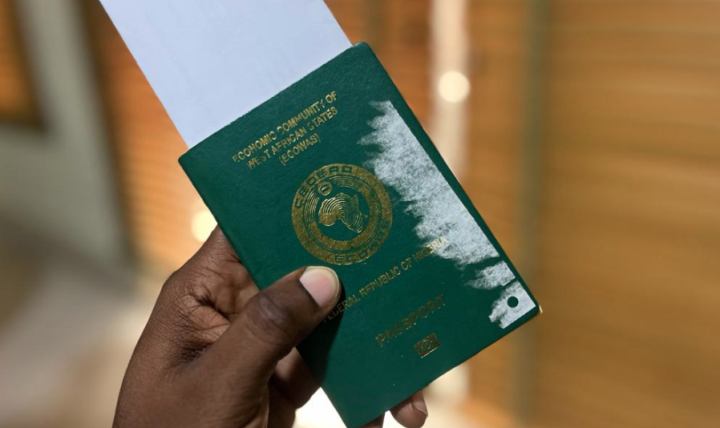
The recent increase in Nigerian passport fees, announced by the Federal Government through the Nigeria Immigration Service (NIS), has sparked considerable debate and concern among citizens. Effective from September 1, 2024, the cost of a 32-page passport with a five-year validity will rise from N35,000 to N50,000, while the 64-page passport with a ten-year validity will increase from N70,000 to N100,000. This marks a significant hike, with the NIS justifying it as necessary to maintain the quality and integrity of the Nigerian passport.
Historically, passport fees in Nigeria have been a point of contention. Over the years, the cost has steadily increased, often prompting public outcry. The previous increase occurred in 2019 when the fee for the 32-page passport rose from N22,000 to N35,000, and the 64-page passport was introduced at N70,000. These increments have often been met with resistance, especially in a country where economic hardship and inflation have severely affected the purchasing power of many citizens.
The rationale behind the latest increase, as explained by NIS spokesman Kenneth Udo, is to ensure that the quality and integrity of the Nigerian passport are maintained. However, this justification has not assuaged the concerns of many Nigerians, who view the hike as another burden in an already challenging economic environment. The Federal Government, through the NIS, has expressed regret over any inconvenience caused by the increase but assures citizens of its commitment to transparency and quality service delivery.
Social media platforms like X (formerly Twitter), Facebook, and Instagram have seen an outpouring of disappointment and frustration. Many users pointed out the additional unofficial fees often required to expedite passport processing, exacerbating the financial strain. On X, a user lamented, “Online 50k, offline 100k for 32 pages,” highlighting the disparity between official and unofficial costs. Another Facebook user expressed frustration over the need to pay bribes to get timely service, saying, “Without the hiked-up fees, you still have to pay an arm and a leg as bribery for them to do their jobs.”
Despite assurances from the NIS that the fees will remain unchanged for Nigerians in the diaspora, the increase has reignited discussions about the affordability and accessibility of essential government services in Nigeria. As the implementation date approaches, it remains to be seen how this will impact both the NIS’s service delivery and the public’s perception of the government’s sensitivity to their financial struggles. This price hike is yet another chapter in the ongoing narrative of rising costs and the public’s challenge to meet them.
Written By Veronica Emmanuel